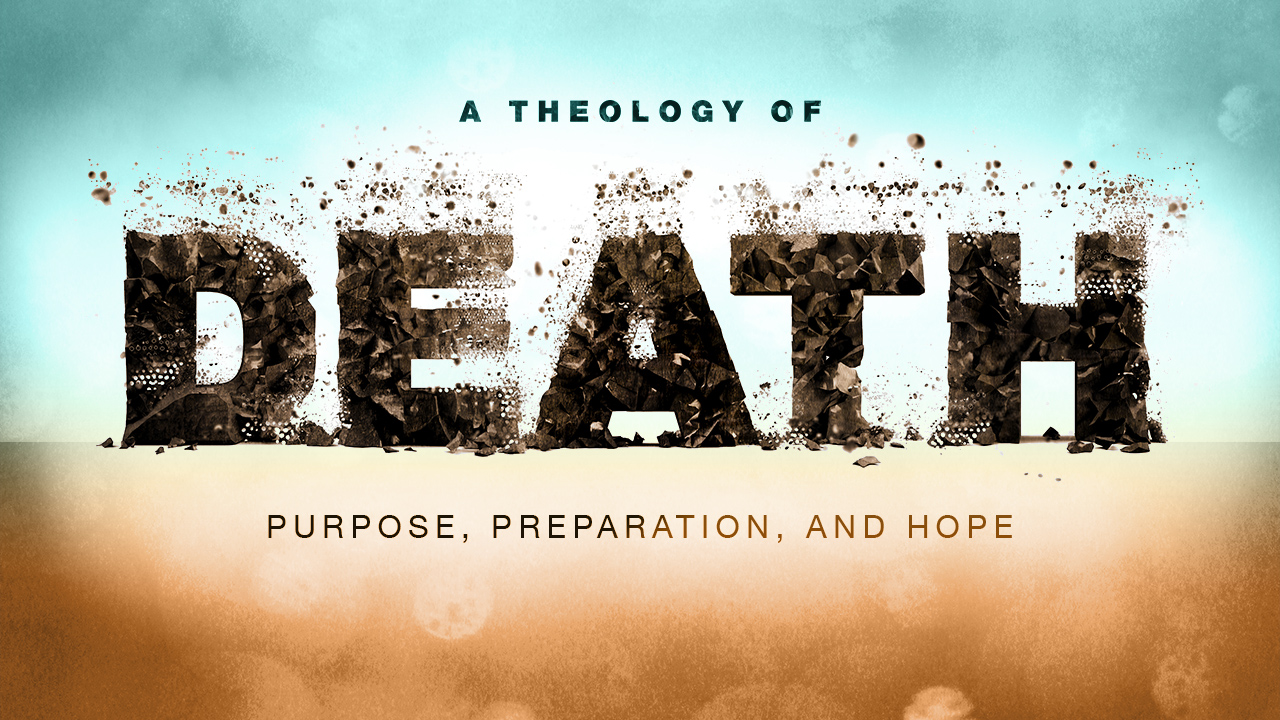
20 Jan Recap | Death as Gain
Staring down the sobering possibility of the approach of his own death in a prison in Rome, the apostle Paul declares that for him, “to live is Christ, and to die is gain” (Phil. 1:21, ESV). Widely known and recited, this statement presents Christians with great comfort but confronts them first with a hard challenge. Death is only gain for those who love Christ and spend their lives for Him.
As he addresses the church in Philippi in thanks and encouragement, Paul shows us the lens with which he views his difficult circumstances. In his captivity, his concern is not for his own comfort, safety, or reputation. Instead, his thinking and activity is wholly oriented toward the advancement of the Gospel. The mission focus that he has always had is not eroded by his imprisonment; if anything, it is enhanced and intensified as he is thrust into the proximity of the Roman imperial guard. He is “in chains because of Christ” (Phil. 1:13). His imprisonment is an opportunity for him to preach the Gospel.
Though he rejoices, Paul is aware of the very real possibility that his day of reckoning is coming. He is hopeful that he will be delivered, but he cannot deny the reality that he may soon be called before a Roman tribunal and forced to confess either Caesar or Jesus as lord – and that choosing the latter would mean his death.
As he considers this possibility, Paul reveals that he is torn between his desires for death and life. When Paul looks at death, he sees only his life’s culmination; he will go and be with the One that he loves and is loved by – a circumstance that he deems “far better” than his life in the world (Phil. 1:23).
However, to continue living presents Paul with the opportunity to do more work for Christ. He values the continuation of his life only in that it would allow him to continue to advance the cause of his Lord in the world and to love His people. He longs to die so that he might go and be with Christ, but for the sake of the Philippians, he wants to continue living (Phil. 1:24). For Paul, to live is Christ, and to die is gain.
We are able to find the same comfort today that Paul found in his captivity. Whatever our circumstances, we are assured that death is gain for the Christian. It is not an end, but instead a journey to another place – a place that has been prepared for us (John 14:3, ESV). In that place, our relationship with Jesus will be far superior to what it is in this world where “we see through a glass, darkly” (1 Corinthians 12:13, KJV) and must work to experience the presence of Jesus. Paul is eager to be done with his present experience of Jesus and move on to a better, truer one. Our comfort is that we know and love the One who waits to greet us face-to-face on the other side of death. Death is gain.
However, the challenge that we find in Paul’s words is that death is only gain if, as he says, to live is Christ. Life for Paul was to love Christ and recklessly spend his life for Him. If he drew life from the things of this world – comfort, safety, reputation – then death could be loss for him. In the same way, if we draw life from the things of this world, even good things, then we will find death to be unmitigated loss as all of that which we have spent our lives amassing in this world is taken from us in the final moment we occupy it.
It is too easy to accept the comfort of Paul’s words without dealing with and coming under the authority of the challenge also. However, the comfort and the challenge are inseparable. We cannot have one without the other.
Application
Paul’s words compel us to evaluate ourselves. Each of us must ask this question: “Is my happiness found in having my circumstances serve me and my desires, or do I rejoice when my circumstances serve Christ and His desires?” Is our goal in life the advancement of our own agenda or the advancement of the Gospel in the world and the blessing of the people around us?
We are called then to repent and turn away from the idea that we will draw life from the things of this world – our marriages, families, wealth, reputations, etc. – and believe instead that Jesus is enough. As we find life in Christ, we engage with Him in Scripture, pursue Him alongside others in community and in prayer, and serve Him with our lives.
Lastly, this passage leads us to number our days and live in the shadow of death. We must acknowledge that this world is a temporary one and draw near to Christ, much like King David in Psalm 39: “Lord, remind me how brief my time on earth will be. Remind me that my days are numbered – how fleeting my life is … We are merely moving shadows, and all our busy rushing ends in nothing … And so, Lord, where do I put my hope? My only hope is in you.”
-Brian Barbee


